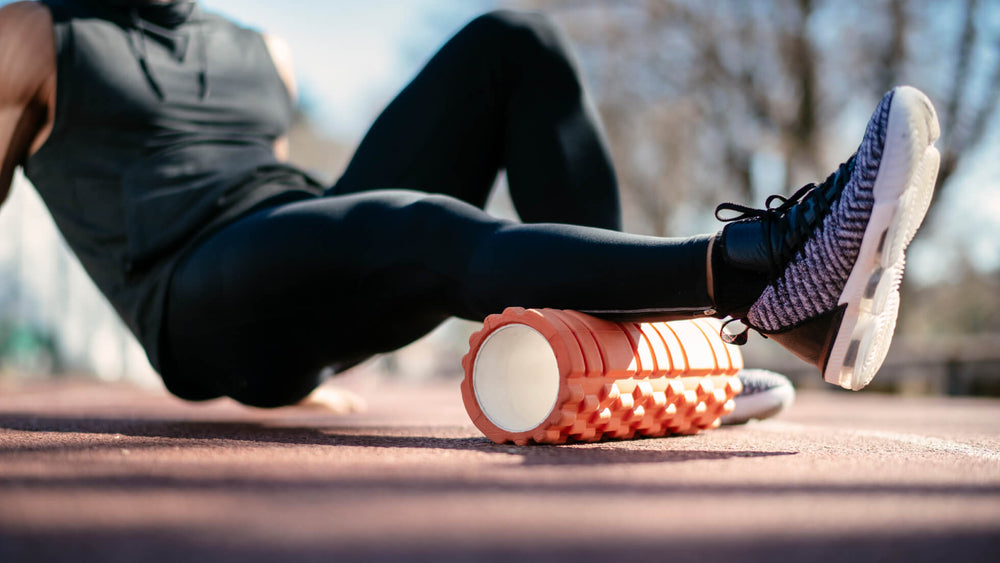The Fast Track to Fat Burn: What Is Intermittent Fasting?

Intermittent fasting (IF) alternates periods of eating with deliberate calorie abstinence. Popular protocols include the 16/8 method (fast 16 hours, eat in an 8-hour window), 5:2 (eat normally five days, restrict calories two days), and alternate-day fasting. For endurance athletes, the 16/8 model reigns supreme—you train fasted in the mornings, then refuel after your first meal.
Why Fasting Might Fire Up Your Performance
- Turbocharged fat oxidation – Training fasted revs up fat-burning enzymes, teaching your body to draw on stored fat during long efforts.
- Sharper insulin sensitivity – A tighter eating window stabilizes blood sugar and reduces insulin spikes, giving you steadier energy on race day.
- Lean-machine body composition – Many athletes slim down under IF, dropping body fat without obsessing over every calorie on training days.
- Cellular housekeeping – Fasting triggers autophagy (your cells’ self-cleaning mechanism) which may support recovery and tamp down chronic inflammation.
When Fasting Backfires: The Hidden Pitfalls
- Dimming your intensity – Without pre-session carbs, hitting high-intensity intervals or race pace can feel like moving in slow motion.
- Risk of muscle loss – Stretching fasts too long can blunt muscle protein synthesis (when the body uses amino acids to build and repair muscle tissue), risking the very muscle you’ve worked to build.
- Hormonal hijinks – Women, in particular, may see disrupted menstrual cycles and dips in estrogen or thyroid hormones if overall calories slide too low. This can lead to mood swings, low libido, and feeling extra tired or sluggish.
- GI grumbles – Packing your day’s calories into a few hours can spark bloating, cramps, or reflux—especially on top of a sensitive stomach from training.
Gender Check: How Fasting Impacts Men vs. Women
Men generally adapt more smoothly to 16/8 fasting, showing improved body composition and stable testosterone in short-term studies. Women, however, often face stronger hormonal swings; some research links IF to cycle irregularities and elevated cortisol. That can result in blood sugar swings, increased belly fat, sleep disruption, and immune dysfunction. If you’re female, consider a gentler protocol (14/10) and track your cycle closely.
What the Studies Say
- A 2016 trial with trained cyclists on a 16/8 schedule found no drop in 5K time-trial performance, yet a 12% bump in fat oxidation. (1)
- In 2018, long-distance runners alternating fast days saw a 3% body-fat decrease but also a 5% VO₂ max dip during fasted runs. (2)(3)
- Meta-analyses confirm IF enhances insulin sensitivity and fat loss, but warn that fasts exceeding 16 hours can impair high-intensity efforts. (4)
How to Fast Without Crashing
- Time your high-octane sessions – Schedule your toughest workouts just after breaking your fast, when carbs are back in your tank.
- Prioritize protein – Kickstart muscle repair with 0.3 g/kg protein at your first meal.
- Stay hydrated – Fasting doesn’t exempt you from sweating; sip water with a pinch of salt or a zero-calorie electrolyte mix.
- Be flexible – If energy or mood plummets, shorten your fast to 14/10 or add a small morning snack.
Timing It Right: Sample 16/8 Schedule
- 6:00–10:00 AM Fasted run or ride (water + electrolytes only)
- 10:00 AM Breakfast: Greek yogurt bowl with berries, honey & granola (30g carbs, 15g protein)
- 1:00 PM Lunch: Turkey-avocado wrap + side salad (40 g carbs, 25 g protein)
- 4:00 PM Snack: Protein shake + banana (25 g carbs, 20 g protein)
- 6:00 PM Dinner: Salmon, sweet potato & greens (50 g carbs, 30 g protein)
Your Fast, Your Future: Making IF Work for You
Intermittent fasting can boost fat metabolism and lean out your physique, but it’s no plug-and-play solution for all endurance athletes. Men often adapt faster, while women need to guard against hormonal disruption. If you dive into IF, plan your fasted and fed sessions wisely, keep protein intake high, and never skimp on hydration.
Sources
(1) Moro et al. (2016), Title: “Effects of Eight Weeks of Time-Restricted Feeding (16/8) on Body Composition and Performance in Resistance-Trained Males”, Journal of Translational Medicine, 14:290
(2) Hutchison et al. (2019), Title: “Time-Restricted Feeding Improves Rating of Perceived Exertion and Mood States in Female Endurance Athletes”, Applied Physiology, Nutrition, and Metabolism, 44(5): 543–551
(3) Antoni et al. (2018), Title: “Pilot Study of Alternate-Day Fasting in Recreational Runners”, Obesity Research & Clinical Practice, 12(4): 307–316
(4) Patterson & Sears (2017), Title: “Metabolic Effects of Intermittent Fasting”, Annual Review of Nutrition, 37:371–393
Take the next step in your training regimen: Try any BRL Sports supplement risk-free! If our natural nutritional products aren’t the best you’ve ever used, simply return your purchase for a 100% refund — no questions asked!
Also in Inspiration & Perspiration

Extreme Endurance: How Elite Athletes Train Beyond the Limit
Explore how elite athletes train for extreme endurance. Learn what it takes to build physical and mental capacity for ultra-distance performance.

Marathon Training Nutrition: Complete Fueling Guide from Base Building to Race Day
A practical guide to marathon training nutrition, with fueling strategies, common mistakes to avoid, and how to adjust your intake from base to race.

Creatine vs Pre Workout: Which Should You Take? (Or Both?)
Creatine and pre workout serve different goals. Learn how they compare, when to use them, and whether stacking both is right for your routine.


